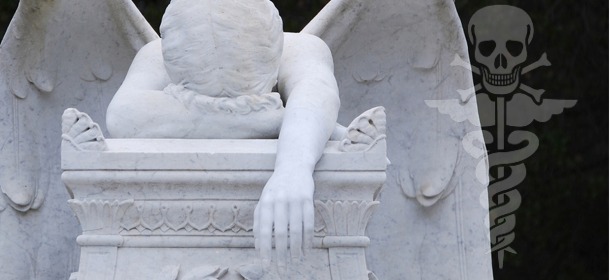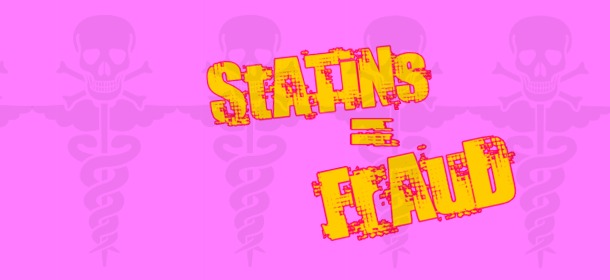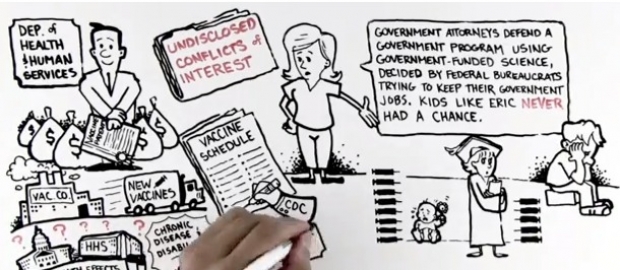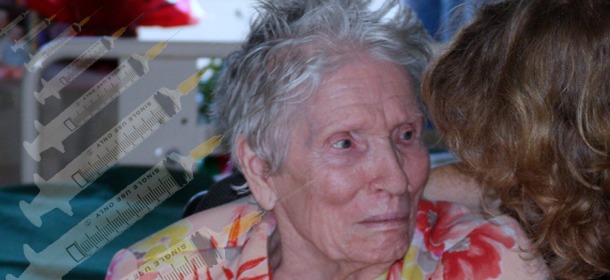Diseases/Conditions
Antipsychotic Drug Used for Chemo’s Nausea: Mother Grieves Son’s Death
It’s bad enough that dangerous drugs are used, but people are dying without even being informed of the risks. James Buchanan’s mother is left behind and doctors aren’t even telling her the truth.

Grief Sculpture Photo by Adam Fagen. Death’s Head Caduceus superimposed.
by Heidi Stevenson
In the town of Falkirk, Scotland, a mother is grieving for the loss of her son, a young man whose life was cut short by a drug given to him for nausea and vomiting caused by chemotherapy. But she’s also traumatized by the lack of closure caused by a grotesquely cruel health system that refuses to admit it.
James Buchanan passed away last year at the age of 23. He had testicular cancer, but did not die of it. His death certificate listed cancer as the secondary cause of death, not the primary one. His mother, Jane Buchanan, says, “I don’t have closure and feel no one’s taking responsibility.”
The cause of his death goes unacknowledged by anyone or any official involved. There can be little doubt, though, that the drug metoclopramide, which was given to him to combat nausea resulting from chemotherapy, is the cause. However, neither James nor his family was given any warning of that potential outcome. And that’s the problem—lack of informed consent.
James Buchanan was never given a choice. He didn’t know that the drug had the potential to take his life. Metoclopramide, also known as Reglan and Maxolon, is an antipsychotic. It’s not a good antipsychotic and isn’t used for that purpose, but it does have the typical adverse effects of that group of drugs. One of the most dangerous antipsychotics is neuroleptic malignant syndrome, a deadly condition. James Buchanan’s symptoms were typical of it.
The fact that the drug is being sold for a purpose other than antipsychosis does not chance what it is. If it has the same effect an antipsychotic does, then patients surely have the right to know that, along with the associated adverse effects.
Tardive dyskinesia, uncontrollable and sometimes painful tics that can be deforming and are usually permanent, is another well known adverse effects of metoclopramide and all antipsychotics. The FDA has even given it a black box warning about it. But James Buchanan didn’t know that.
And now, his parents are trying to obtain as much closure as is possible after the loss of a son. Apparently, though, the Scottish health system doesn’t see it that way. They’re far more interested in obfuscating the truth. Jonathan Best, Director of Regional Services for the health system in his region responded:
While the metoclopramide may have contributed to James developing a neuroleptic-like syndrome, there were many other reasons why James died.
Yes, and it’s possible that he was possessed by an evil spirit that killed him—but the only likely cause of James’ death was metoclopramide. The only things that can cause what happened to James are antipsychotics, drugs with the same effects as antipsychotics that are simply classified differently, or changes in a drug regimen. But no one’s offering any suggestions. They’re just hiding behind evasive terminology.
And leaving Jane Buchanan without an answer.
Sources:
- Mum claims ‘danger drug’ killed her son
- Neuroleptic Malignant Syndrome
- Metoclopramide: Antipsychotic efficacy of a drug lacking potency in receptor models
- Metoclopramine/Antipsychotics; Phenothiazines
- Gastrointestinal drug gets ‘black box’ warning
- Metoclopramide in schizophrenia (an open study).
Tagged antipsychotic, big pharma, cancer, chemotherapy nausea, chemotherapy vomiting, conventional medicine, drug death, maxolon, metoclopramide, modern medicine, nausea drug, neuroleptic malignant syndrome, pharmaceutical drugs, pharmaceuticals, reglan, tardive dyskinesia, vomiting drug














